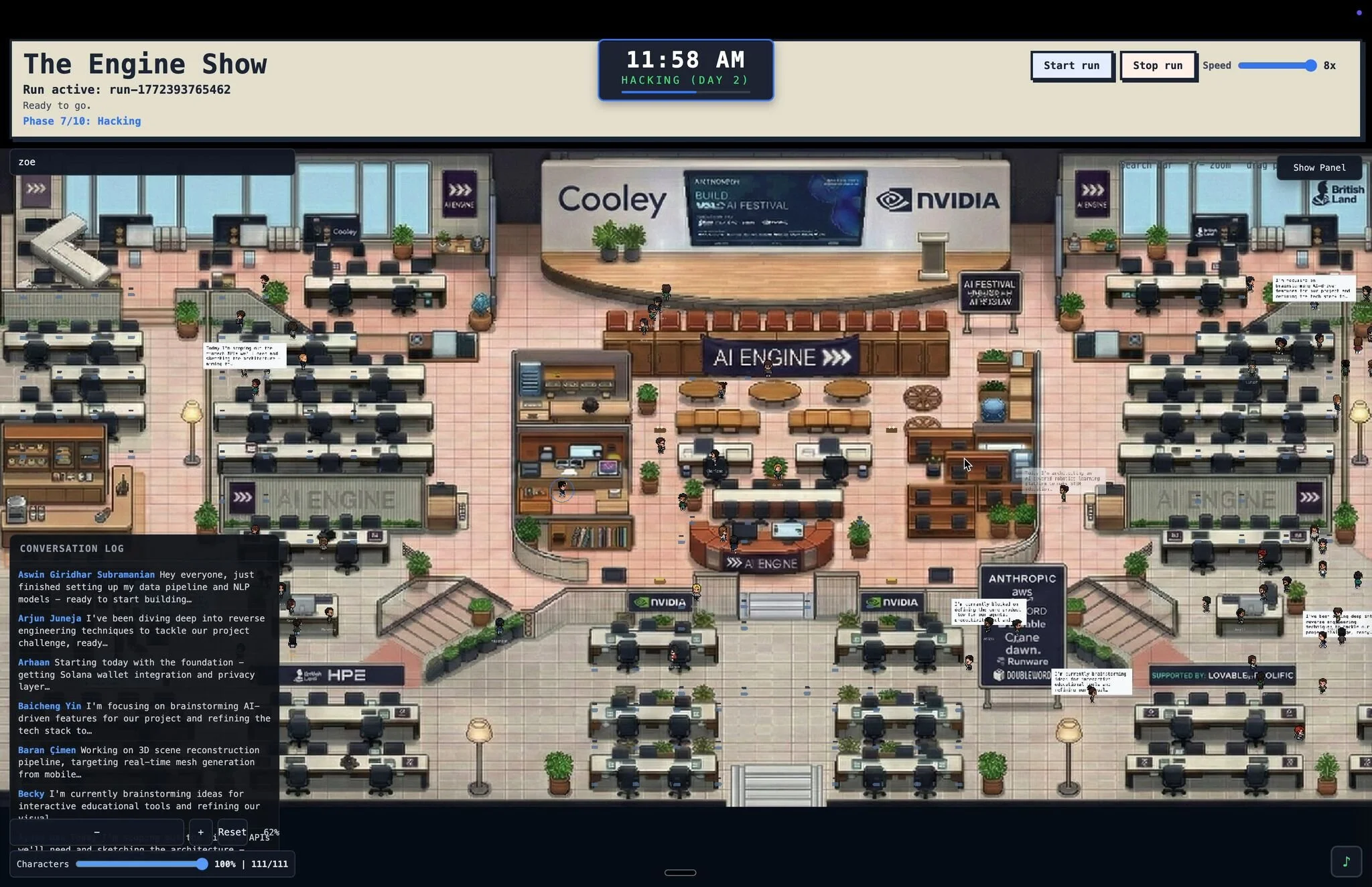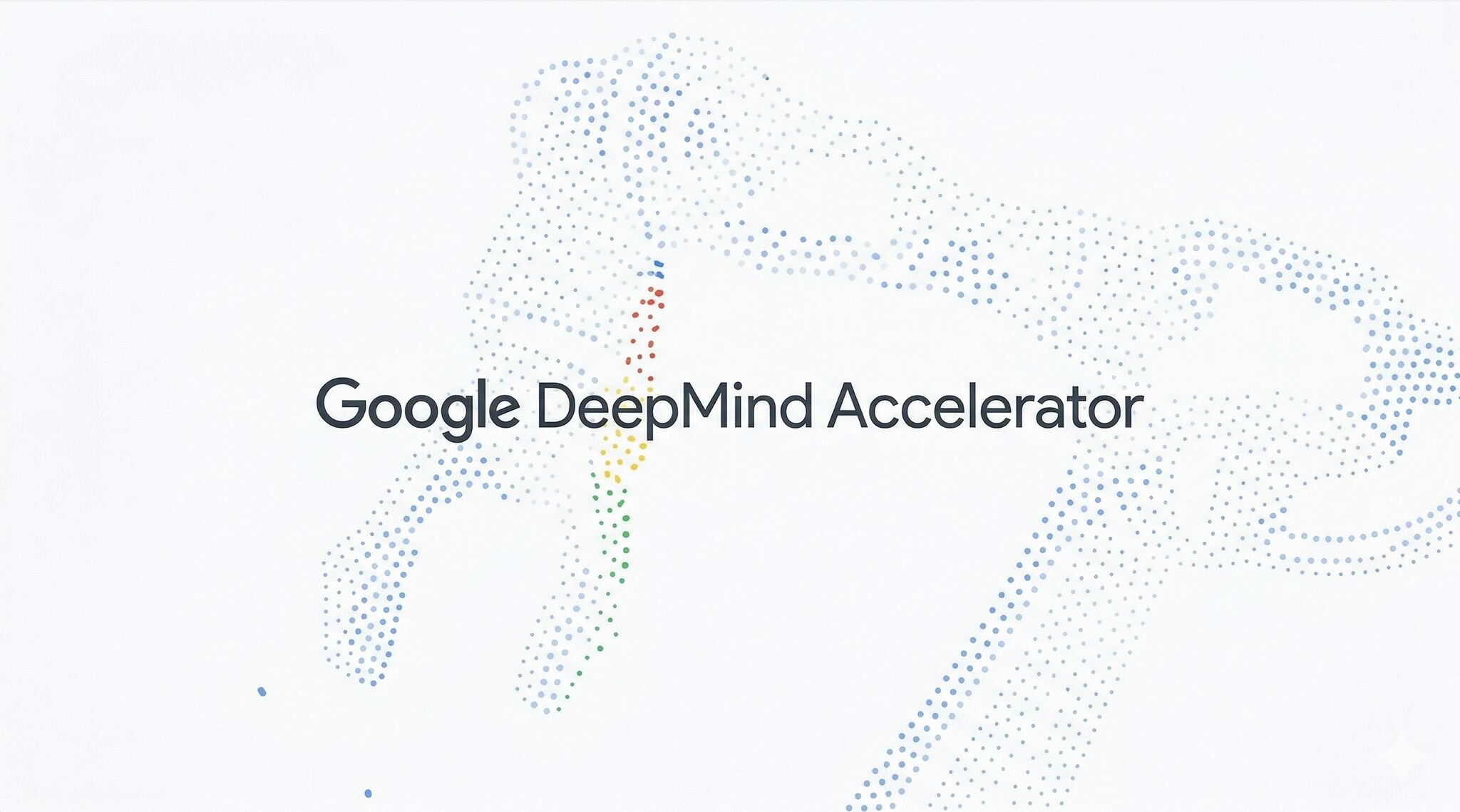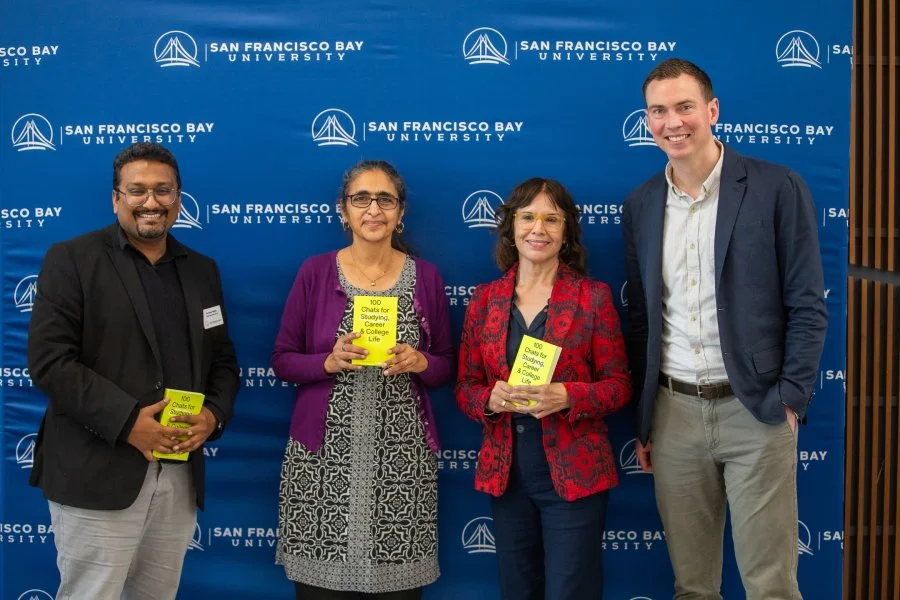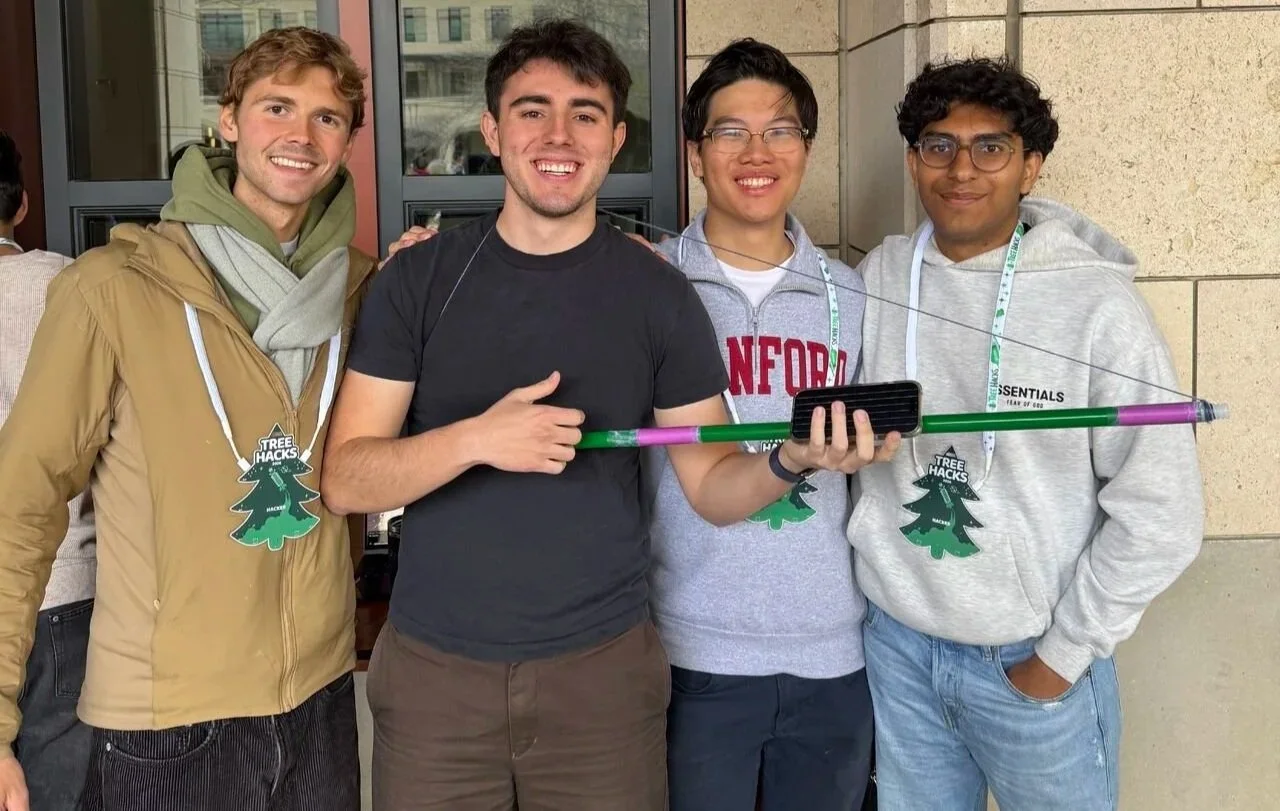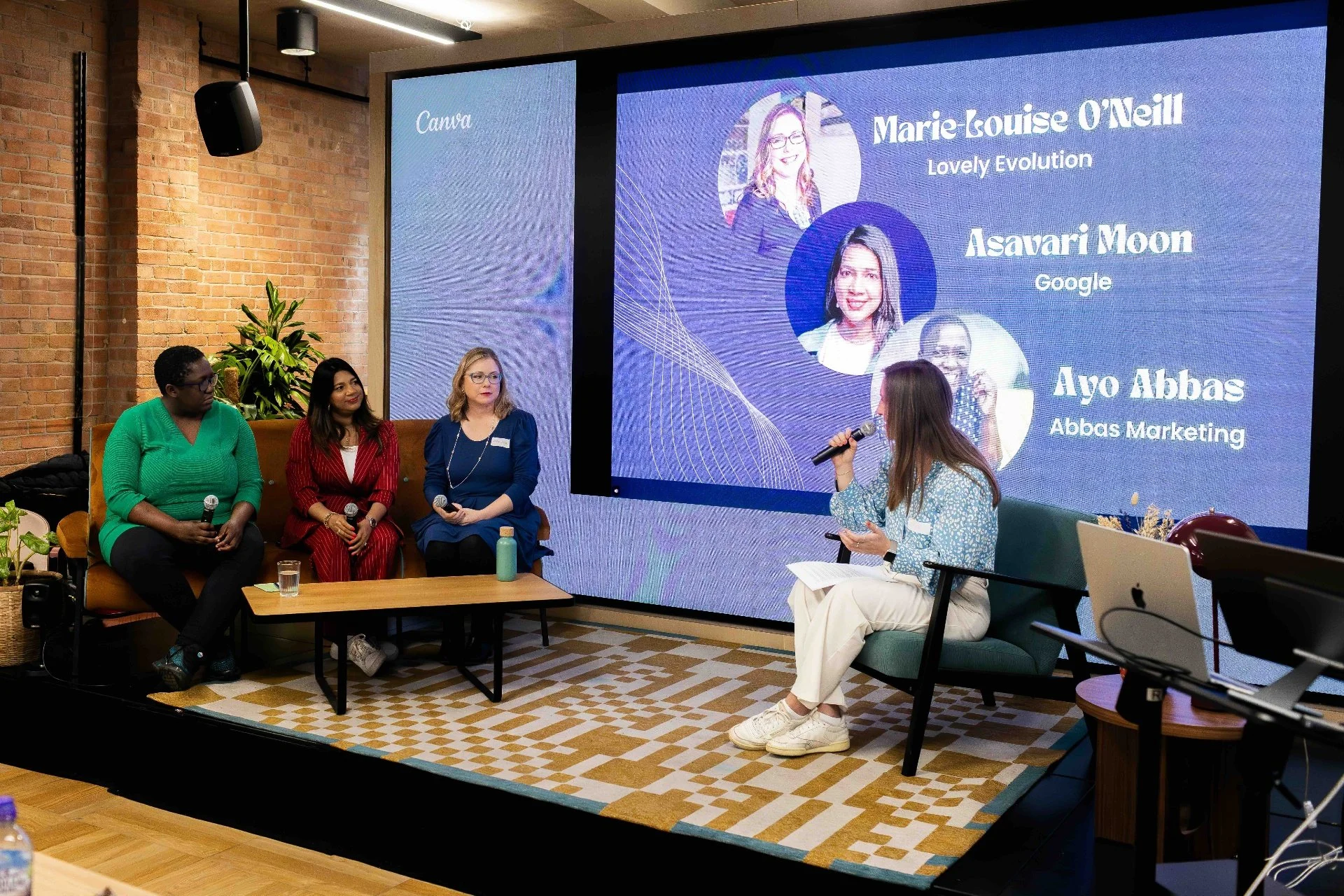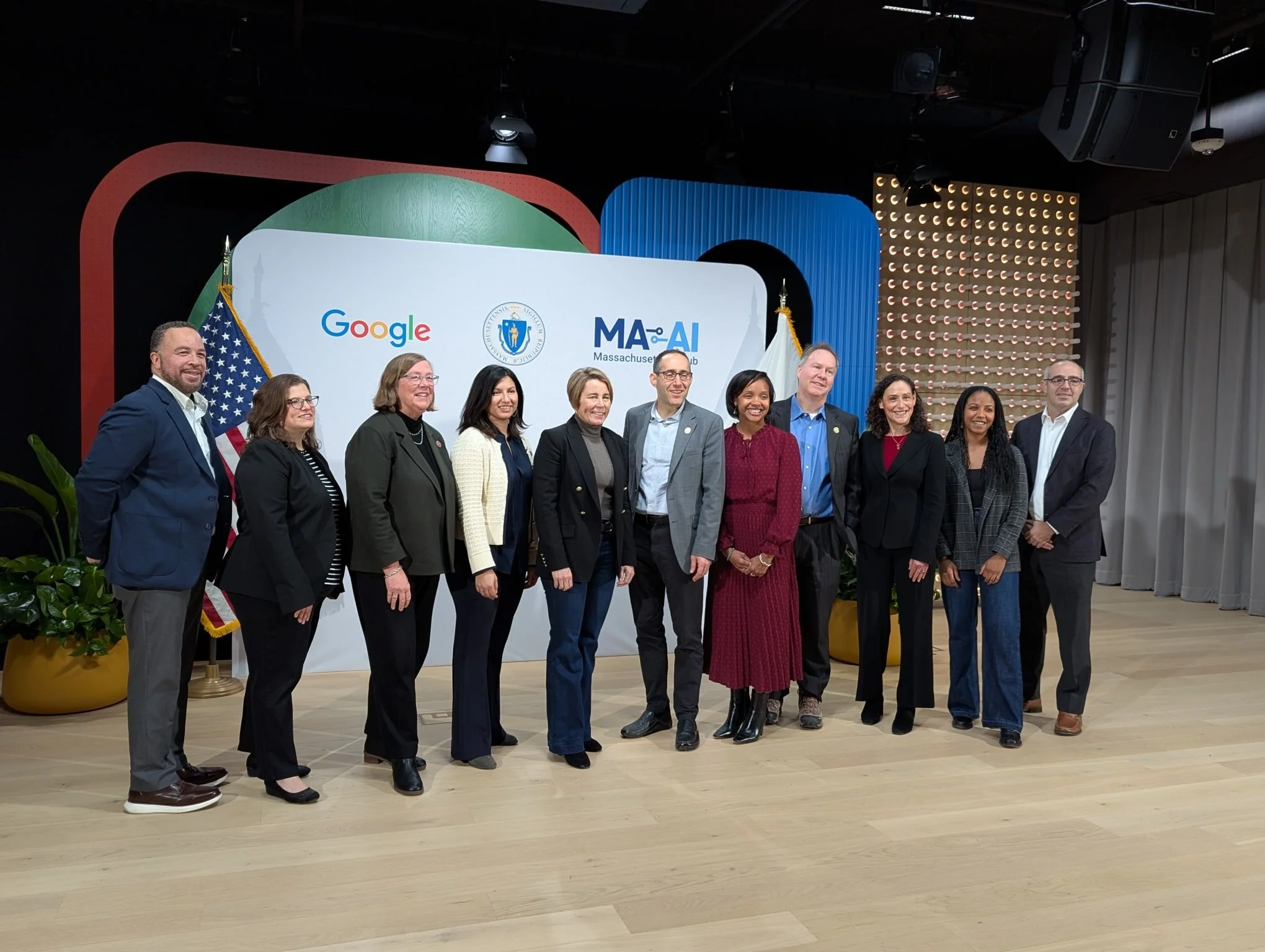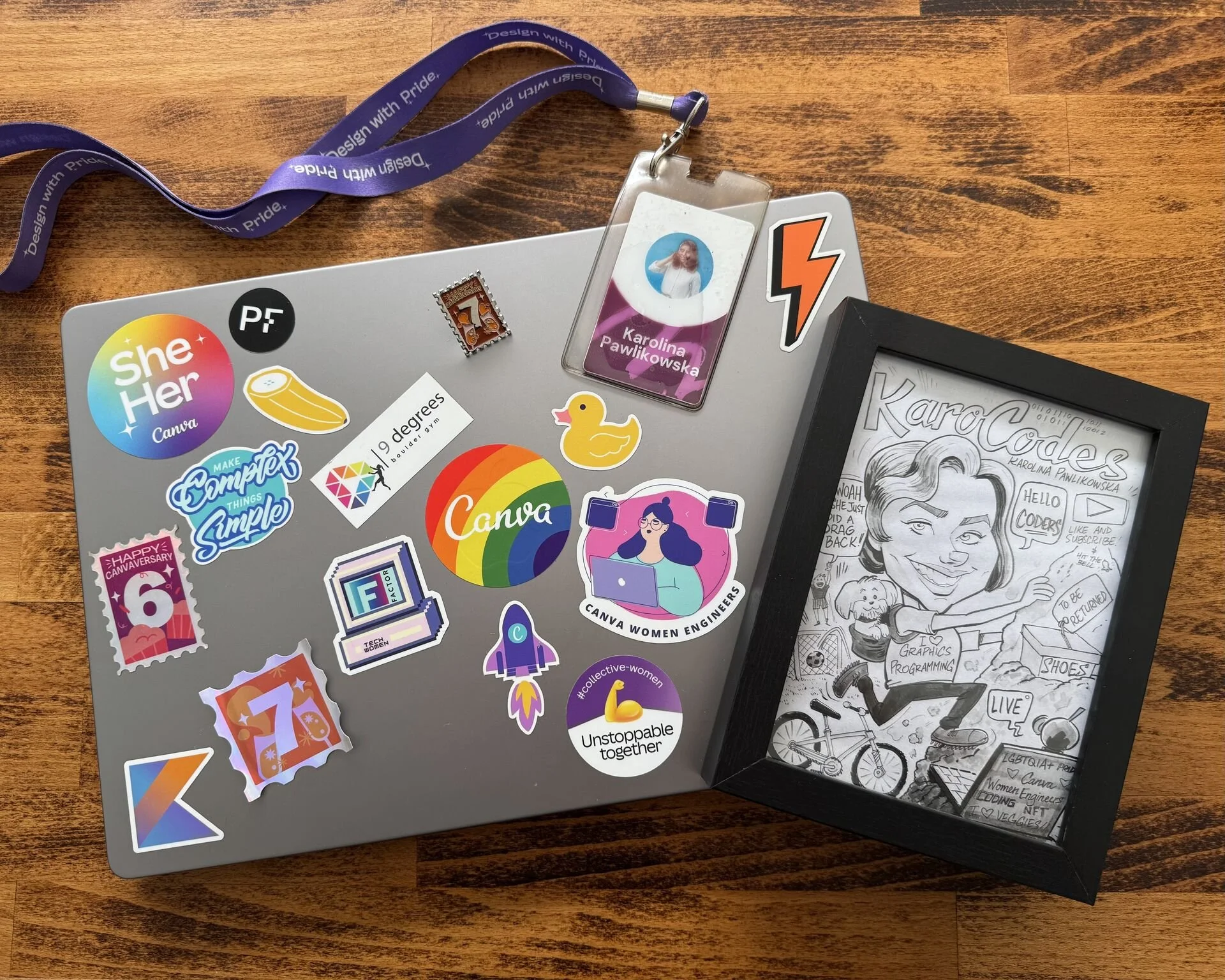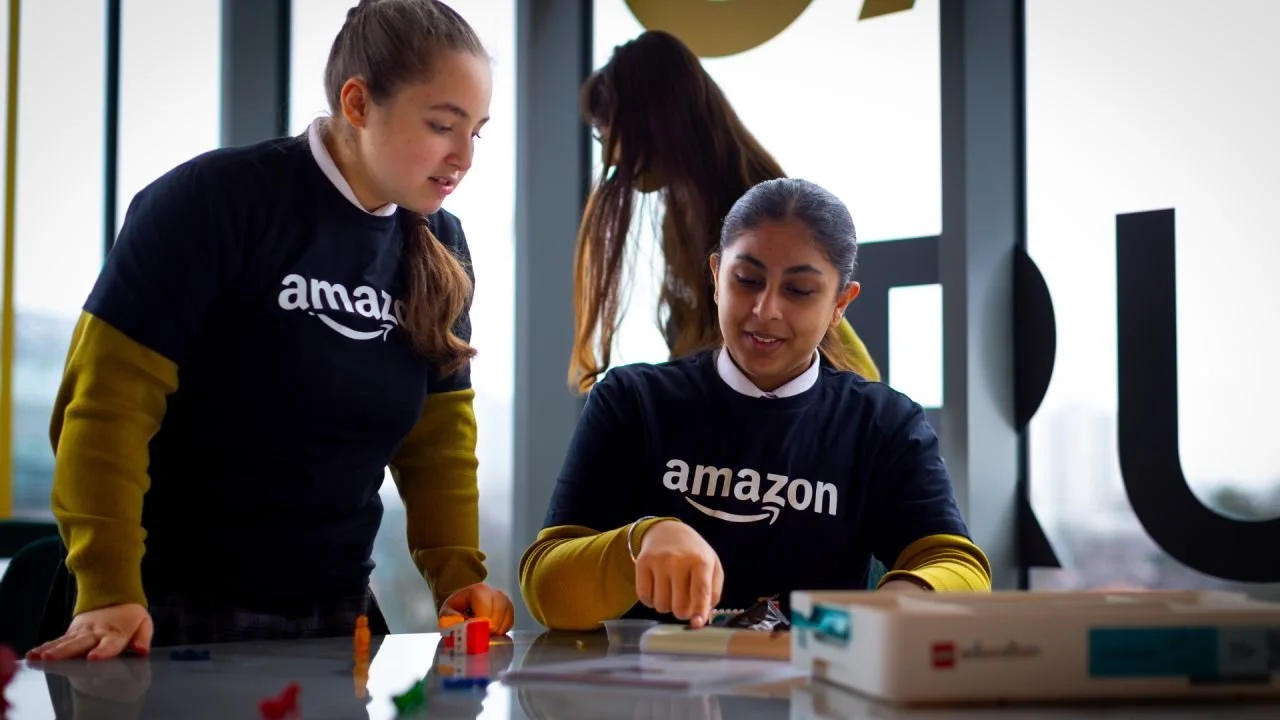ETIH’s top stories of 2025 so far, part one: Coventry goes global, ChatGPT alters brain activity, and Apple makes a bold move
We’re back with the second half of our Top 20 most-read ETIH stories of 2025 (so far), covering the standout announcements, studies, partnerships, and AI breakthroughs that have defined the first six months of the year.
If you missed Part One (20–11), you can read it here.
From immersive VR programs and global campus openings to billion-dollar AI pledges and major academic research, these top 10 stories show where edtech is headed, and how our readers are following the journey.
10. Coventry University to open first English campus in India’s GIFT City by 2026
In at number 10, Coventry University made global headlines as the first English university to receive approval to open a campus in India’s GIFT City — the country’s flagship smart city for international financial services.
The GIFT City branch, set to welcome its first students in 2026, is part of Coventry’s broader international expansion, which includes locations in Egypt, Morocco, Singapore, and Kazakhstan. The campus will initially offer business-related undergraduate degrees aligned with India’s National Education Policy 2020.
Backed by the British Council, UK Government, and Indian regulators, the campus will serve as a flagship example of UK-India educational collaboration.
9. Uplift Aerospace taps VR and AI for EdTech division focused on immersive education and workforce development
Next up, Uplift Aerospace took experiential learning to new heights with the expansion of Starborn Academy, a space-themed STEM platform, and a new EdTech division using virtual reality and AI to enhance both K–12 learning and workforce training.
The programs, which have been rolled out in school districts across Utah, Colorado, and California, reported a 63% increase in STEM career awareness and a 52% rise in interest in STEM roles.
Uplift says its VR/AI-powered modules reduce training costs and time while boosting retention.
8. Pulaski County Schools implement AI security tech with Status Solutions amid rising safety concerns
Security and safeguarding came to the forefront at number 8, as Pulaski County Public Schools in Virginia implemented AI-powered situational awareness tools from Status Solutions district-wide.
The move follows rising concerns about school safety in the U.S., with 56 school shootings reported in 2024 alone. Pulaski’s adoption of the SARA platform allows for real-time threat detection, automated emergency alerts, and integrated community support through the Status Solutions Network.
7. Apple commits $500 billion to workforce development, AI, and U.S. education
Sliding into number 7, Apple announced a $500 billion U.S. investment plan focused on AI infrastructure, workforce development, and education — including its new Apple Manufacturing Academy in Detroit.
The tech giant plans to train thousands of learners in AI, smart manufacturing, and engineering through partnerships with Michigan State University, 4-H, FIRST, and the Boys & Girls Clubs of America. Apple is also expanding its support for silicon chip design and building AI-powered servers in Texas to support its Private Cloud Compute infrastructure.
It’s one of the boldest corporate investments in AI and education this year, signaling that Apple isn’t just playing catch-up in the AI race.
6. Study finds ChatGPT improves student outcomes but shows limitations in complex thinking tasks
Rounding out this half of the top 10, a meta-analysis from Hangzhou Normal University reviewed 51 studies on ChatGPT’s impact on learning, finding that while the tool boosts student performance, it has limited effects on higher-order thinking.
The strongest benefits were seen in STEM and skill-based courses, particularly when ChatGPT was used for tutoring or problem-solving over a four to eight-week period. But in project-based and open-ended tasks, students using ChatGPT showed signs of lower creativity and reduced deep engagement.
The takeaway? AI can help improve outcomes , but only when paired with strong instructional design. As the study noted, "ChatGPT’s value lies in its role as a supplement, not a substitute."
5. Sodexo expands campus dining initiatives to improve student engagement and well-being
Kicking off the top five, Sodexo Campus introduced a series of initiatives to address mental health and social isolation across more than 400 U.S. colleges.
Driven by the latest Sodexo Student Lifestyle Survey, which revealed that 50 percent of Gen Z students feel anxious or overwhelmed, the new approach reframes dining spaces as hubs for community and wellbeing. Programs include staff training to spot at-risk students, inclusive meal planning, and new physical layouts that encourage both quiet study and social engagement.
Chief Marketing Officer Drew Nannis said: “Few people on campus see students more often than dining teams. That gives us a unique opportunity—and responsibility.”
4. Harvard tops the World Reputation Rankings 2025 for the 14th consecutive year as global list expands
At number four, Harvard University once again topped the Times Higher Education World Reputation Rankings, maintaining its position as the world’s most prestigious university for the 14th year running.
The rankings, which now include 300 institutions, reflect over 55,000 expert responses and use updated methodology to improve geographic diversity and peer comparisons. UK institutions performed strongly, with Oxford tying with MIT for second place, while Asia and the Middle East made new entries into the top 50.
3. U.S. mandates AI education in schools as IBM’s Andreas Horn highlights need for early AI literacy
AI returns at number three with a major U.S. policy shift: an executive order to make AI education mandatory in all public schools.
The announcement came just six days after China mandated AI classes for students as young as six. The U.S. version includes practical skill-building, ethical guidance, and structured critical thinking around AI use. IBM’s Andreas Horn, Head of AIOps, said it plainly: “AI is the new literacy.”
The move sparked global conversation and made it clear that AI education is no longer optional, it’s infrastructure.
2. UPLOpen expands open access library to 10,000 titles supporting global research
At number two, open access took center stage as UPLOpen hit a major milestone: 10,000 freely available titles across academic disciplines.
Launched in 2024 and managed by the De Gruyter eBound Foundation, UPLOpen brings together publishers like Cornell, Chicago, NYU, and Stanford to expand access to humanities and social science research worldwide. Its platform now includes usage tracking, contextual search, and integrations with OCLC, EBSCO, and Ex Libris.
1. MIT study shows ChatGPT reshapes student brain function and reduces creativity when used from the start
And taking the top spot in our most-read ETIH story of the year (so far): a neuroscience study from MIT found that using ChatGPT at the beginning of a task weakens brain activity, memory, and creativity.
Using high-density EEG scans, researchers tracked how students’ brains responded to essay writing with and without AI. Those who began with ChatGPT demonstrated significantly reduced frontal-parietal connectivity, a key indicator of cognitive effort and memory formation. Students who started without AI and added it later performed better in both brain scans and recall tests.
Jiunn-Tyng Yeh of Duke University called it “evidence of cognitive debt”, a warning that the sequence of AI use matters more than we think.
That’s a wrap on our most-read ETIH stories of 2025 (so far)
From Harvard’s reputation dominance and UPLOpen’s open-access leap to nationwide AI policy shifts and MIT’s brain scan revelations, these ten stories reveal what’s truly shaping the edtech landscape in 2025.
We’ll be keeping a close eye on what rises to the top in the second half of the year, and whether generative AI continues to dominate headlines, classrooms, and boardrooms.
RTIH AI in Retail Awards
Our sister title, RTIH, organiser of the industry leading RTIH Innovation Awards, proudly brings you the first edition of the RTIH AI in Retail Awards, which is now open for entries.
As we witness a digital transformation revolution across all channels, AI tools are reshaping the omnichannel game, from personalising customer experiences to optimising inventory, uncovering insights into consumer behaviour, and enhancing the human element of retailers' businesses.
With 2025 set to be the year when AI and especially gen AI shake off the ‘heavily hyped’ tag and become embedded in retail business processes, our newly launched awards celebrate global technology innovation in a fast moving omnichannel world and the resulting benefits for retailers, shoppers and employees.
Our 2025 winners will be those companies who not only recognise the potential of AI, but also make it usable in everyday work - resulting in more efficiency and innovation in all areas.
Winners will be announced at an evening event at The Barbican in Central London on Wednesday, 3rd September.






